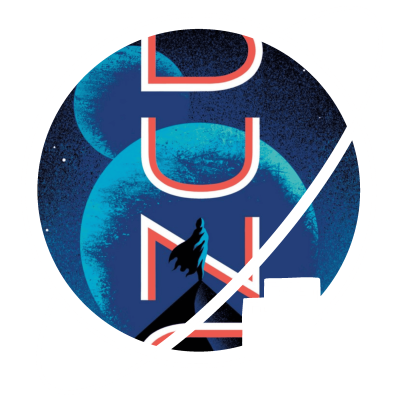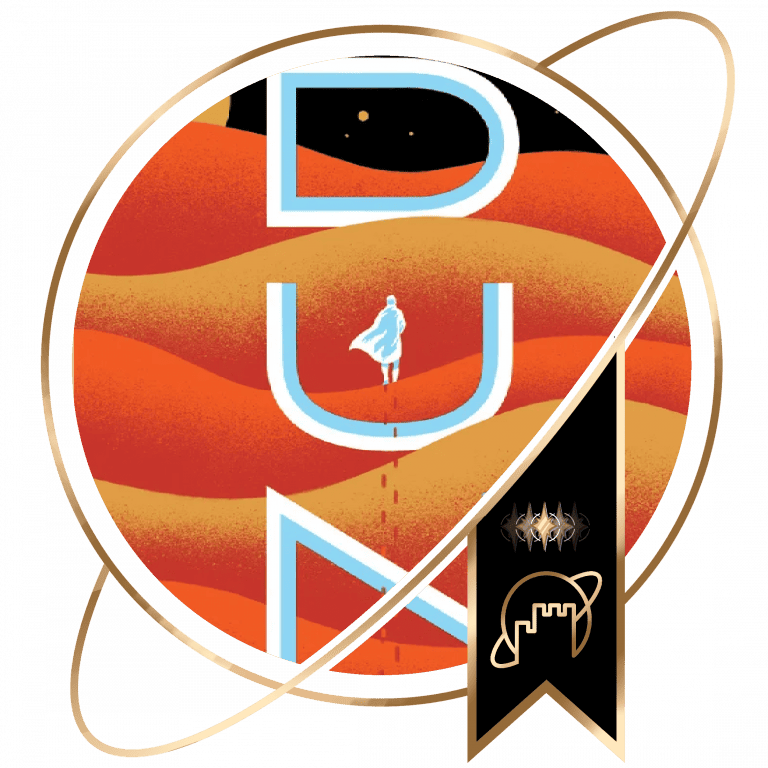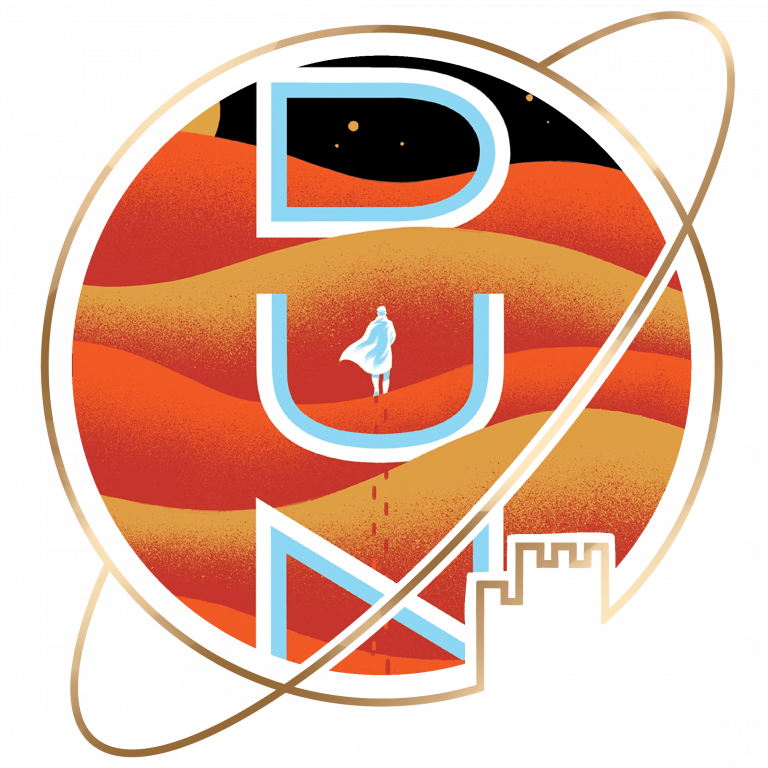- Book written by Frank Herbert
- Published 1969
- Part two in the Dune Chronicles


Imagine having to write the sequel to Dune – if you have already written the best novel in all of science fiction, what are you ever going to add?
In Dune Messiah, Frank Herbert takes up the gauntlet and writes a fascinating sequel that shifts the style of the saga and completes many of the story arc he deliberately left unresolved at the end of Dune. And while Messiah takes away some of the mystery that made Dune unique, it is also a very satisfying continuation that gives the reader more of the worldbuilding that fans of Dune crave.
What do I mean, Dune Messiah takes away some of the mystery?
As I’ve stated before, one of the reasons Dune is so great is that Herbert feels comfortable leaving some elements of the worldbuilding un- (or: under)explained. As a result, the reader gets to guess or speculate or fill in blanks, which I think is a relatively rare experience in the speculative genre where over-analysis by fans and the fear of ‘plot holes’ causes many modern authors to feel the need to produce a ‘waterproof’ setting.
By necessity, however, Dune Messiah picks up some of the loose ends at the end of Dune which were left open to interpretation, and starts tying them up. And while I think Herbert delivered on the expectations and getting to actually read about Paul’s inevitable fate unfurling is fascinating, one could make an argument that Dune is perhaps at its best, has the most literary appeal as a standalone novel.
Having said all that, Dune Messiah is still a great read, that has almost everything that makes Dune so great: cloak and dagger, palace politics, orientalist opulence, ultra-smart characters, conversations like duels, religious frenzy, manipulation, clash of cultures, the machinations of fate and the effects of knowing the future.
The only thing missing is the focus on the planet Arrakis itself: while it still features prominently, a lot of the worldbuilding legwork has already been done by the first instalment, meaning that there is simply a little less to develop. Then again, compared to most speculative fiction that is not Dune, Herbert still shows why he is considered one of the best worldbuilders ever to build worlds.
And with such a great canvas, it really doesn’t matter that the background is somewhat familiar. The power struggles and Paul’s emotional journey are as gripping as they are in Dune. And for anyone who felt that Dune’s open end left too much of the story untold, Dune Messiah is guaranteed to deliver a fulfilling conclusion.
Although, conclusion… Perhaps it is time I start reading Children of Dune…








